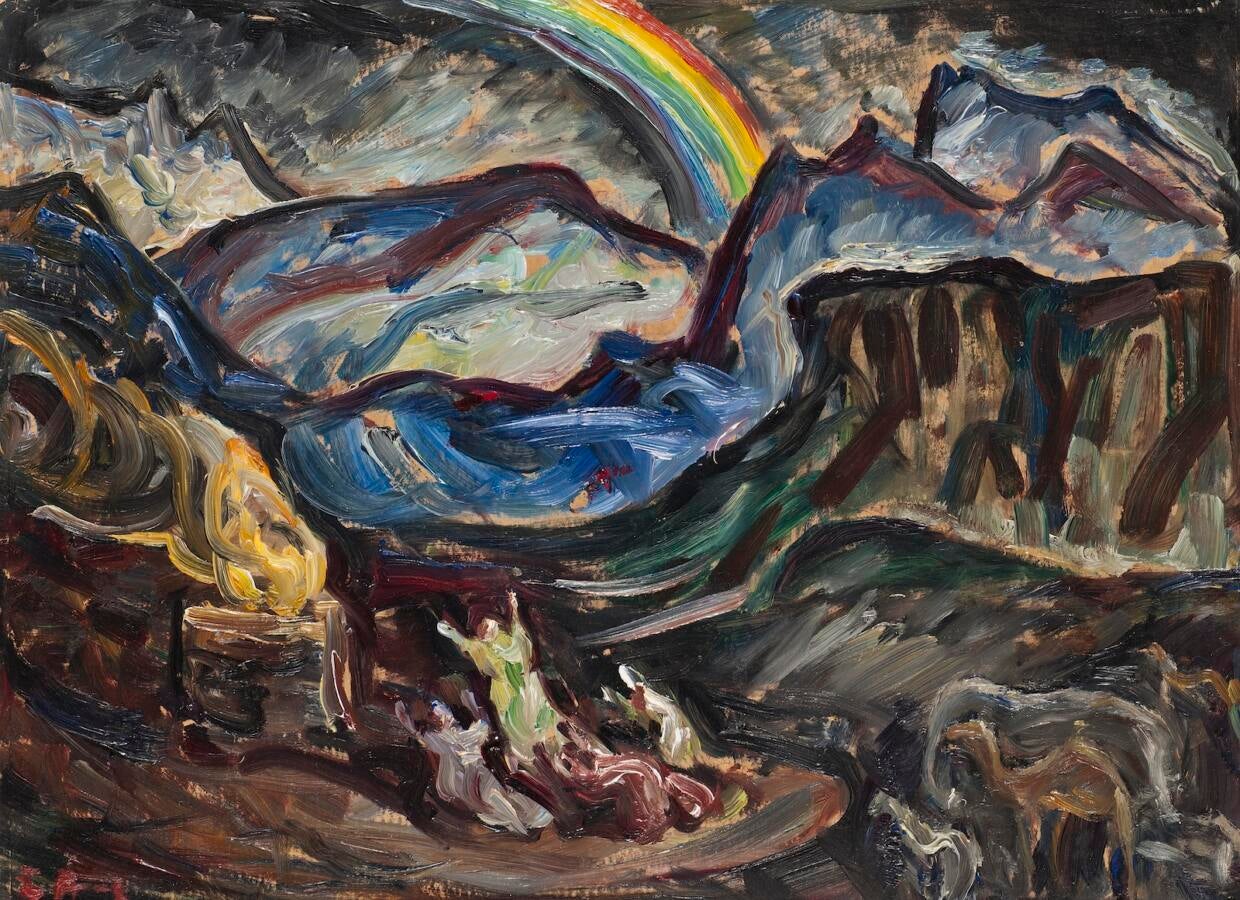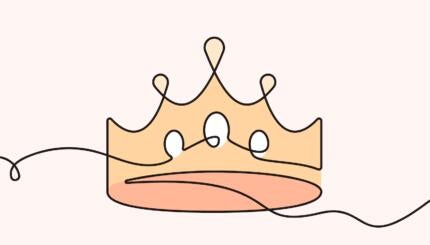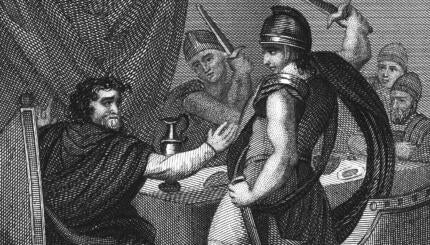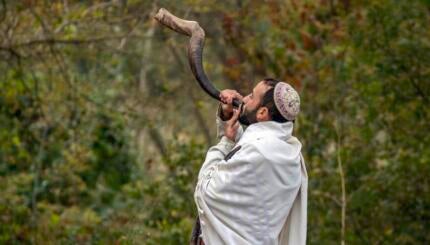The flood story begins at the end of Parashat Bereshit, when God sees that human thoughts and designs are just evil all the time, and thus God regrets having created humans and decides to wipe them all out. And yet, one human named Noah “found favor (chen) in the eyes of the LORD.” The Hebrew word for “favor,” chen, is Noach backward, a wordplay on his name, implying that Noah is, at his core, a likeable person.
Beginning this week’s parasha, Noach, we are told that Noah was a righteous man who walked with God, and that the rest of the world had descended into violence and made all of God’s creation corrupt. So God decides to destroy the created world and its human inhabitants. Noah will be saved, of course, because he deserves to be.
This is what Bible scholars call a doublet — that is, the same element of a story told twice. The Torah’s account of the flood contains so many doublets that scholars have long concluded that our text contains two versions of the Noah story from different original sources, spliced together.
Different versions of the same story often present alternative ideologies or takes on what the story means. In this case, let’s look at why God chooses to save Noah.
With your help, My Jewish Learning can provide endless opportunities for learning, connection and discovery.
In the first version, the verse describes God’s subjective, emotional stance. We’ve all experienced this, sometimes. We just like a person; something about them is appealing to us. In the second version, God is being objective: Noah is righteous, and everyone else is wicked.
This distinction between “Noah the Favorite” and “Noah the Righteous” extends to the ending of each story.
The Noah-the-Favorite version ends as follows: Noah makes a sacrifice to God. The lovely aroma of the sacrifice puts God in a better frame of mind. God decides that people are by nature wicked, that’s how they were made, so destroying them for this is unjustified, so God promises never to do so again. Then Noah plants a vineyard, harvests the grapes, and gets so drunk that he rolls around naked in his tent until his kids have to come and cover him up.
God, in this version, is an emotional being, and Noah’s greatness lies in his knowing how to make God happy. Indeed, the word for “pleasing” here, nichoach, is from the same root as Noah’s name. His personal behavior is not especially impressive, but that’s not the main reason God favors him.
The Noah-the-Righteous version, by contrast, ends with God declaring a new set of laws for Noah and his descendants to follow. While originally, humans had been vegetarians, now they are permitted to consume meat — apparently a concession to humanity’s innate aggressivity. Murder, however, is prohibited, as is the consumption of blood. Any violation will be strictly punished. God then promises not to destroy humanity again and creates the rainbow as a sign to remind both parties of this covenant.
In this version, Noah offers no sacrifice to bribe God, nor does he get drunk. God teaches Noah the new rules and expects Noah to teach and enforce them because Noah is a righteous man who walks with God. What else would he do?
This version envisions the world run by an objective and dispassionate God, as our moral sense wants it to be. God saves Noah for an ethical reason, because Noah is righteous while all others are wicked.
The Noah-the-Favorite version, however, likely rubs us the wrong way: How could all of humanity depend on whether the deity seems to like a person or not? But the reality is, sometimes, the world is frustrating and incomprehensible.
The Mishnah tells a story Honi the Circle Drawer. Once the rainy season passed and no rain fell, the people beg Honi to intervene with God on their behalf. So Honi draws a circle in the sand, stands inside it, and declares (Taanit 3:8): “Master of the world, Your children have depended on me, for I am as a household member before You; I swear by Your great name that I will not move from this place until You have mercy on your children.” It starts to drizzle, but Honi says that it isn’t enough. Then it pours wildly, and Honi says that it is too much. God gives in, and it rains normally.
The people thank Honi profusely for using his influence with God to save them, but Rabbi Shimon ben Shetach is frustrated at Honi’s inappropriate behavior and sends him a message: “Were you not Honi, I would decree your excommunication, but what can I do to you? For you act familiarly before God, and God fulfills your wish, like a son who acts familiarly before his father, and [his father] fulfills his wishes.”
God’s relationship with Honi in this story, and God’s relationship with Noah the Favorite are presented similarly. Sometimes, God just has favorites, and we need to work with that, even if we don’t like it. Honi is chutzpadik, but he gets the rain to fall. Noah is a drunk, but he knows how to calm God’s nerves, and without him, humanity would have disappeared. Noah and Honi in these stories are frustrating and inexplicable characters, but really, it is God who is being frustrating and inexplicable.
By combining the two versions of the Noah story, the Torah offers a complex perspective on how to navigate the world. On one hand, we should live with the assumption that righteousness will be rewarded, and that what God wants from us is dedication to the core values laid out in the Torah. At the same time, since the world doesn’t run only on fairness, we also flatter God and we pray, doing whatever it takes to find favor like Noah before us. We never know what effect that may have, but in a world in which we don’t hear God’s voice clearly, sometimes the chutzpah of a Honi or the pleasing behavior of a Noah may be necessary, so we feel like we are doing all we can.



